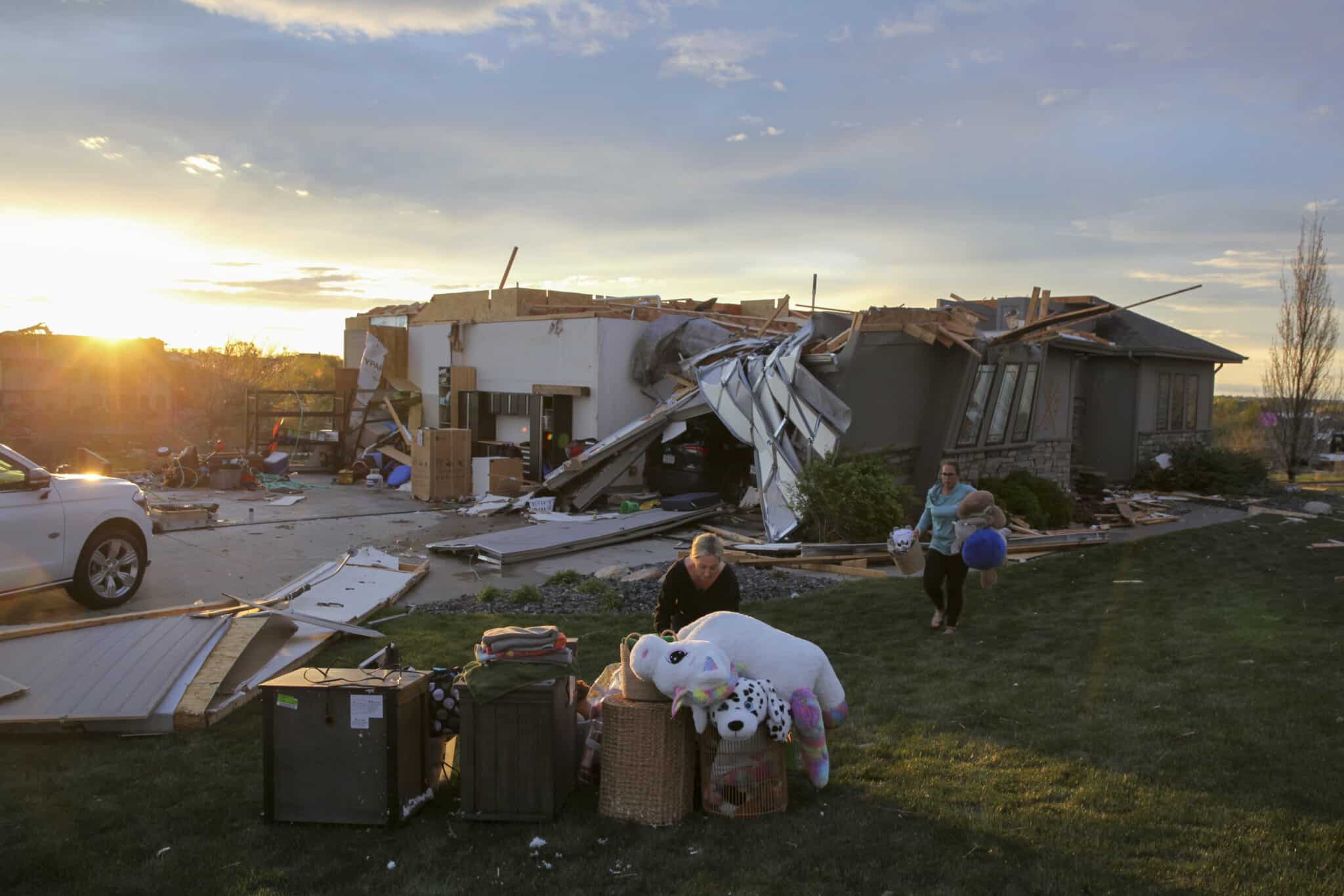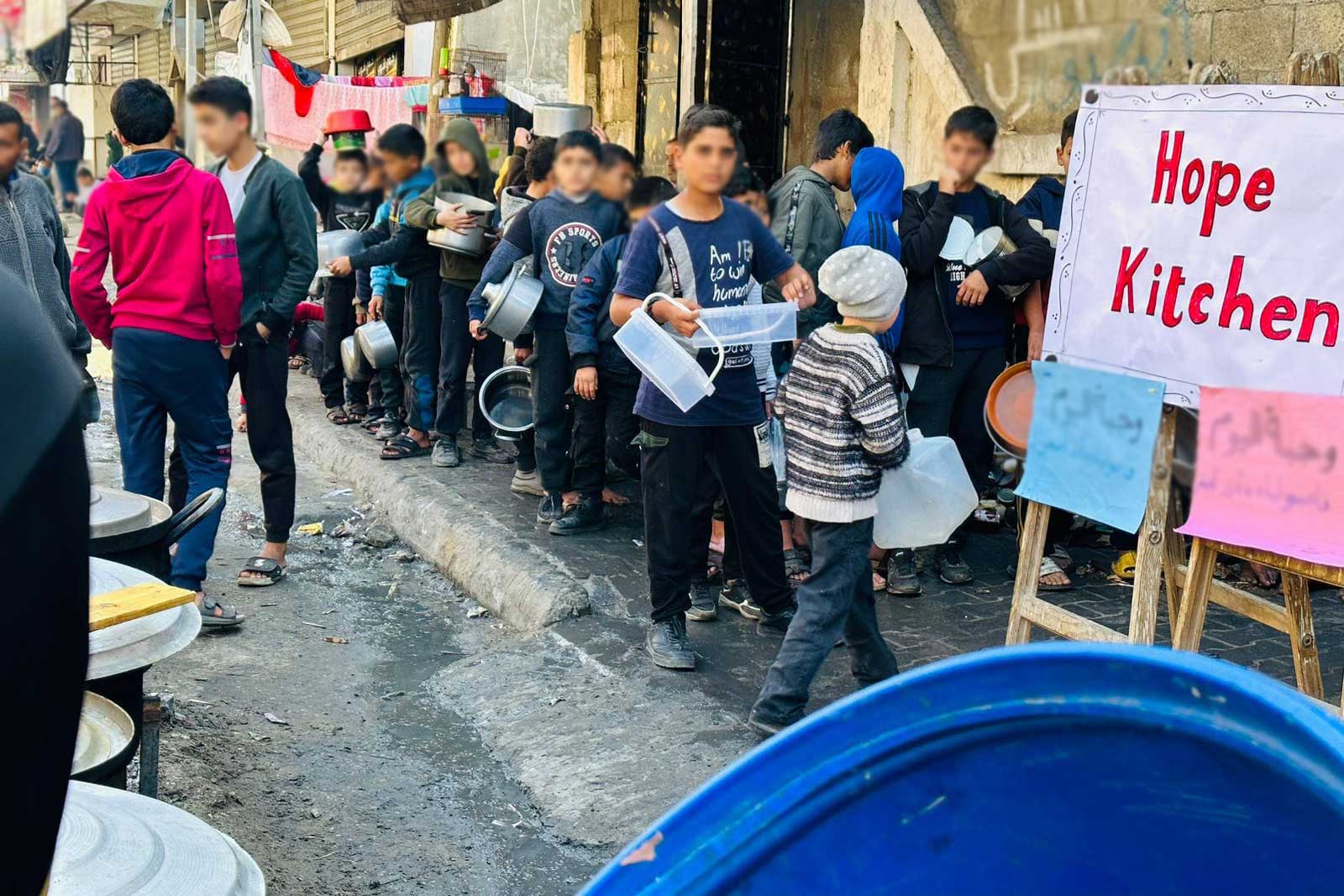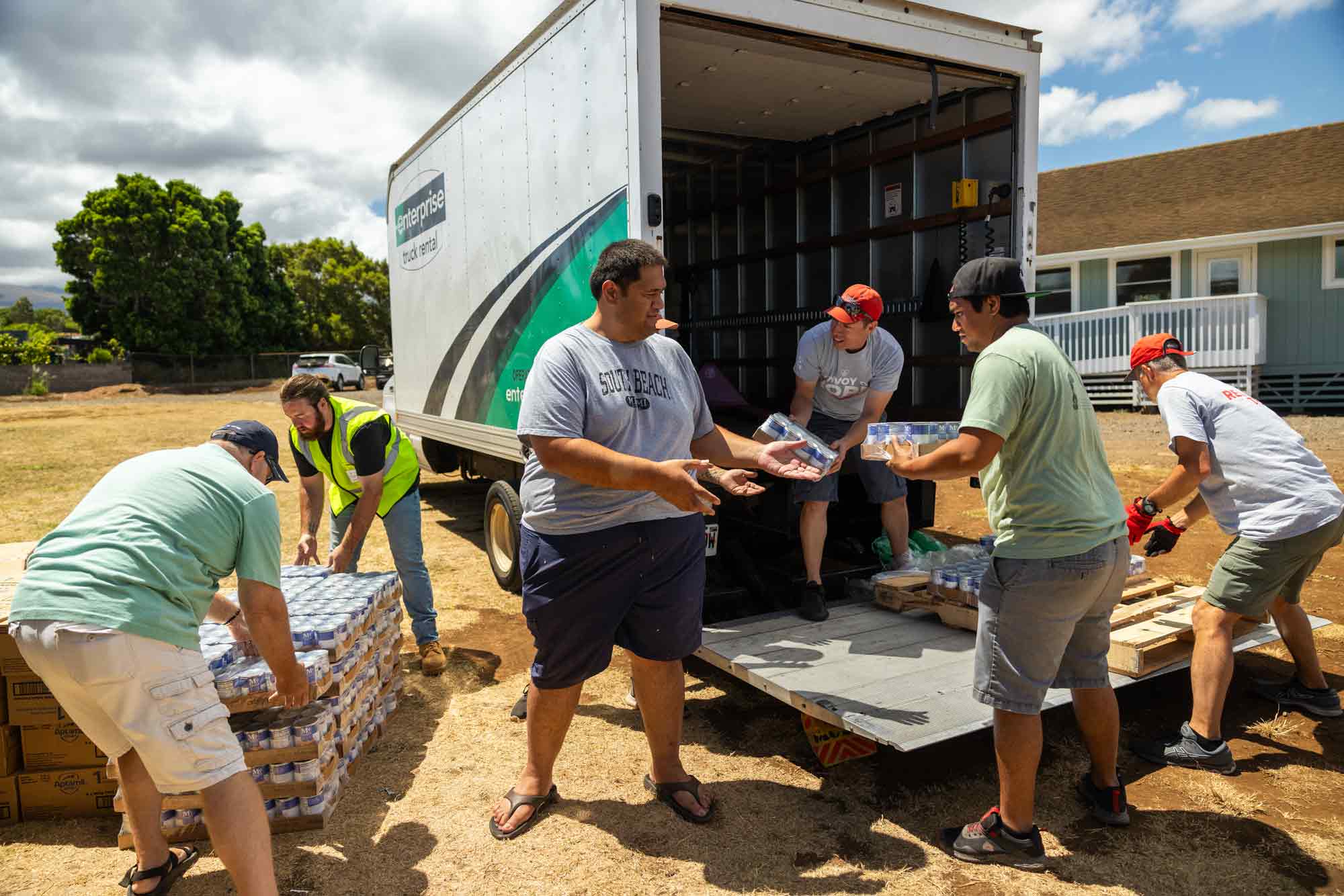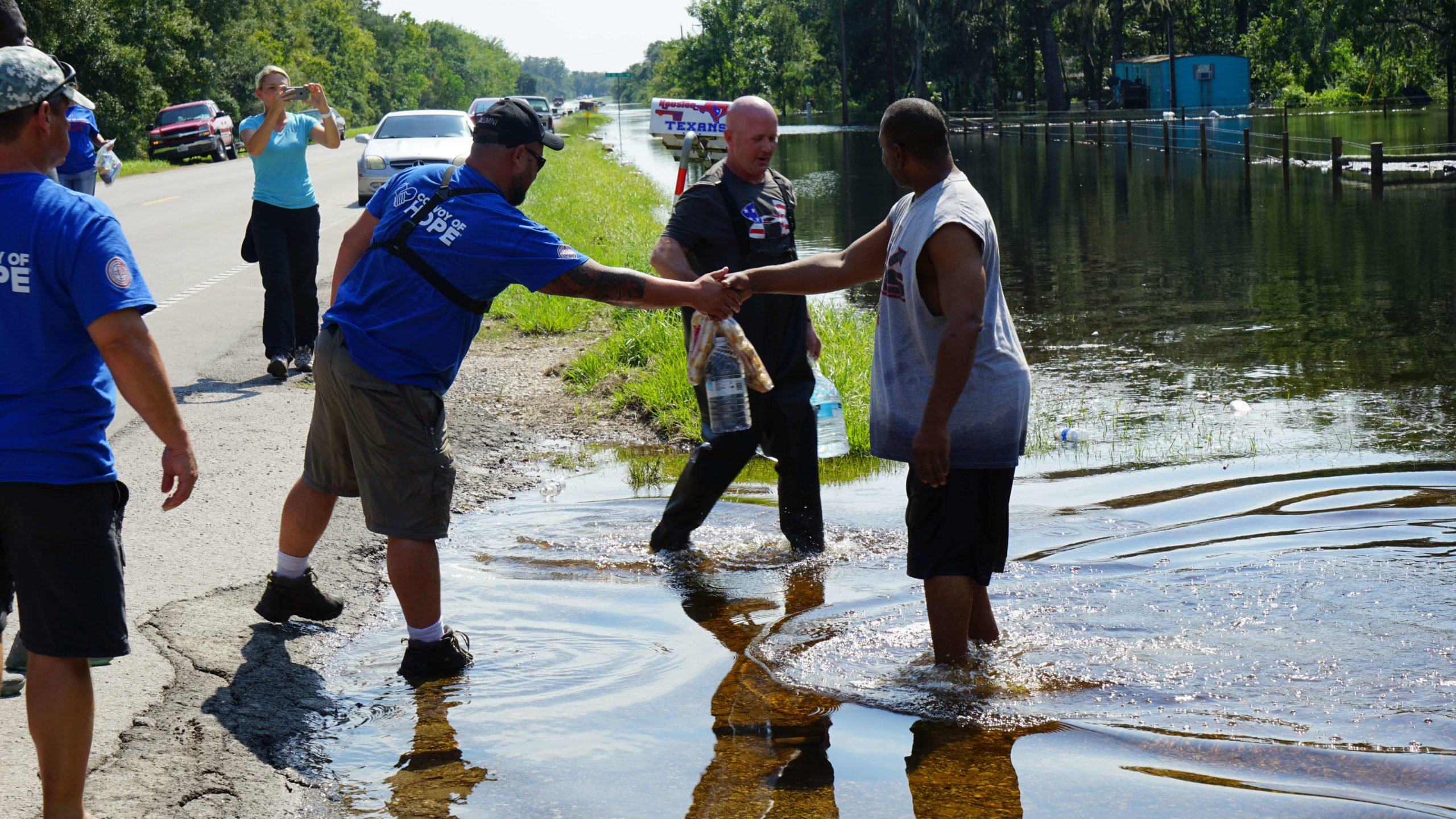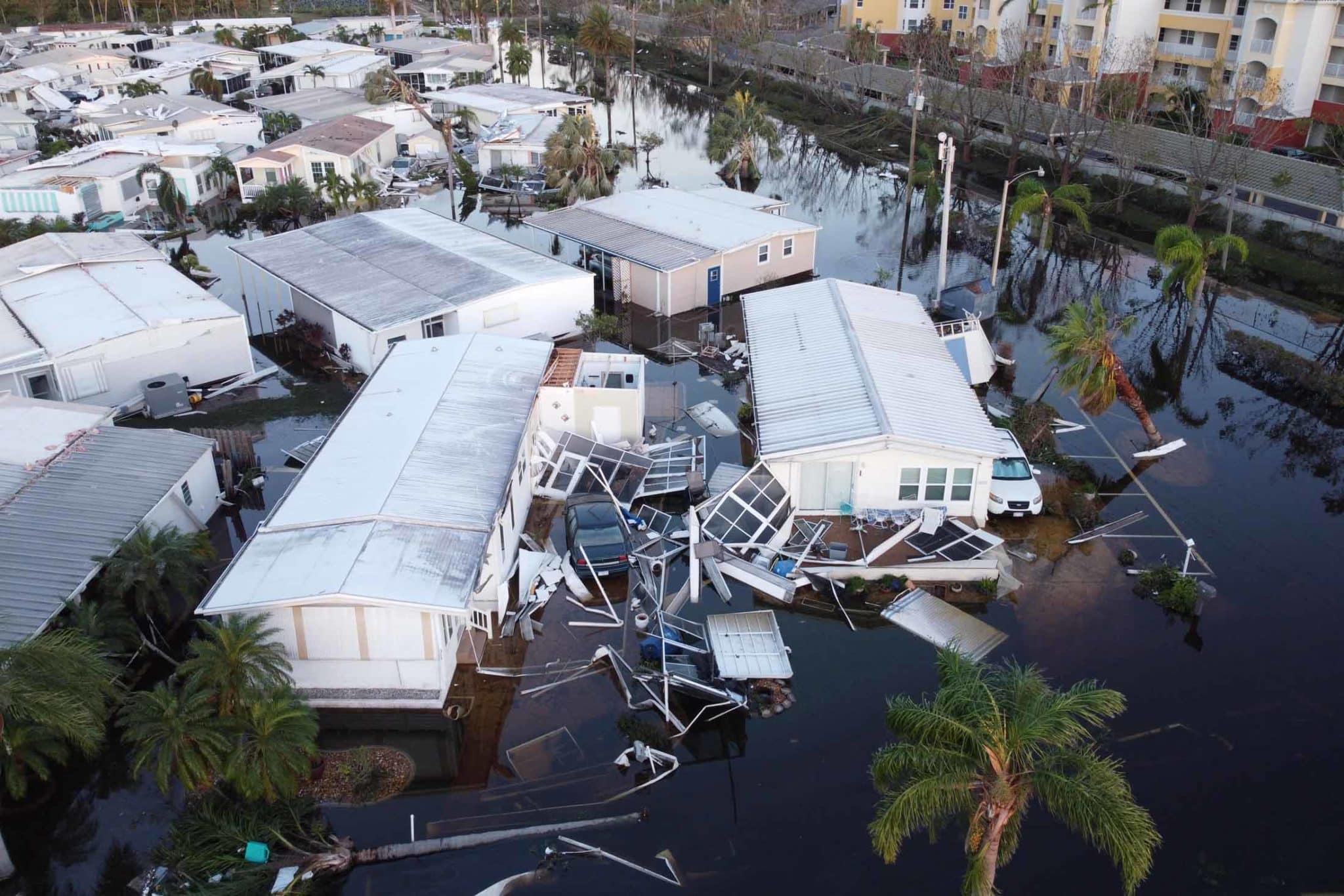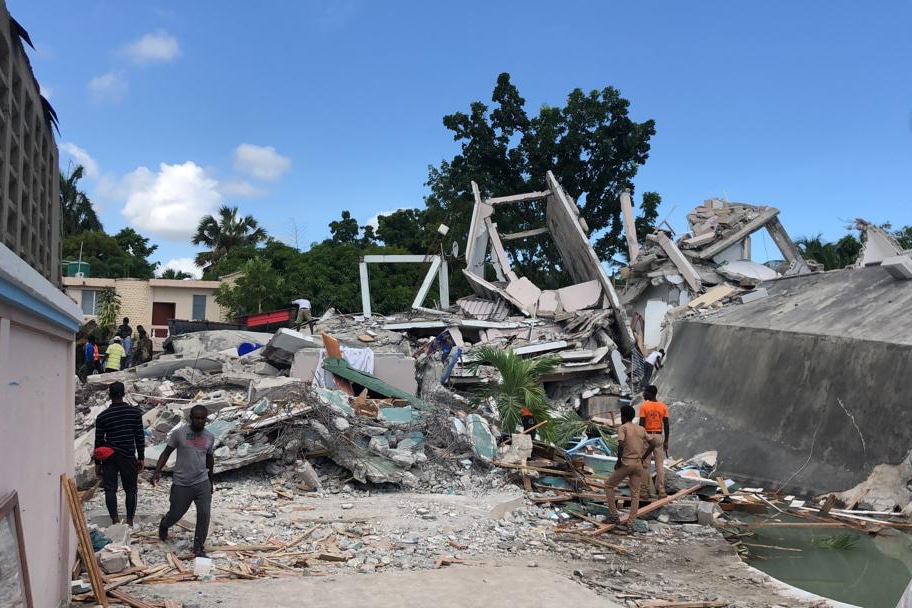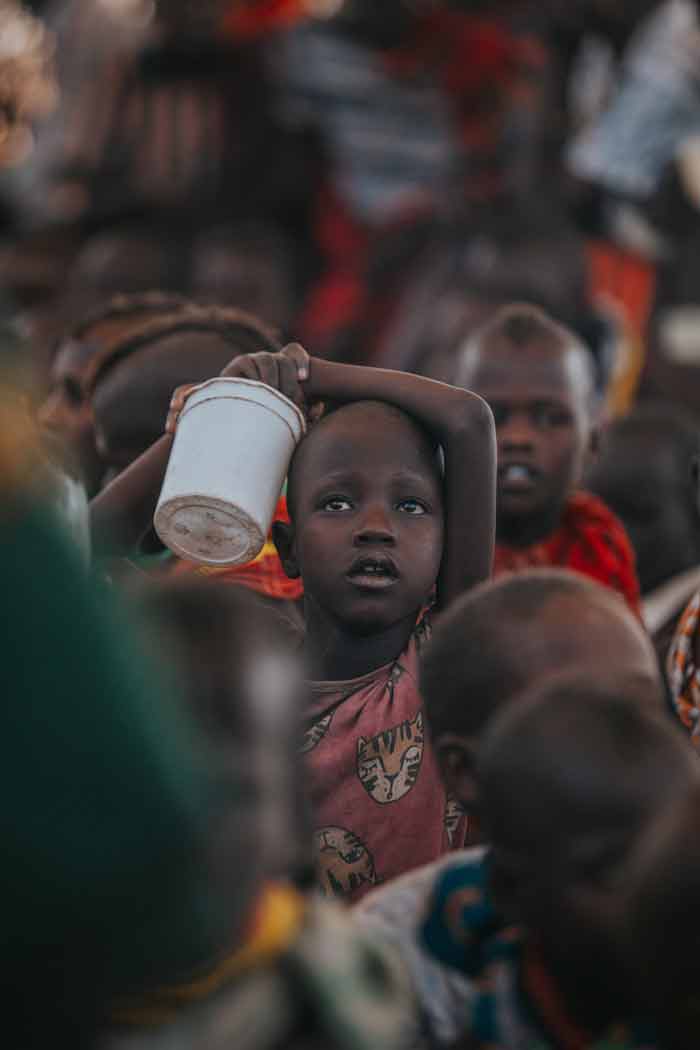
Nationwide & International
Disaster Services
During times of natural and humanitarian disaster, Convoy of Hope responds with tangible aid and compassion.
Donate Now
What We Do
When disasters come …
When you link arms with Convoy of Hope to provide disaster relief, hurting people receive the help and hope they need to get back on their feet. Convoy of Hope is committed to helping as much as possible for as long as possible by:
• Distributing essential emergency supplies such as food, clean water, hygiene items, and more.
• Providing long-term assistance, when possible, to help people rebuild and recover.
You’re the first ones to come by. It’s just nice when somebody comes in and they’re smiling, and they wish you well and bring you some cold water.
Impact
Real help in times of real need.
713+
U.S. & International Disaster Responses to Date
3.8M+
Individuals Served During Disaster Responses in 2023
38
U.S. Disaster Responses in 2023
48
International Disaster Responses in 2023
Approach
Hope in every storm.
Convoy of Hope is among the first to respond to disasters. Highly regarded for scalable and effective distribution, Convoy is committed to being a positive force during crises.
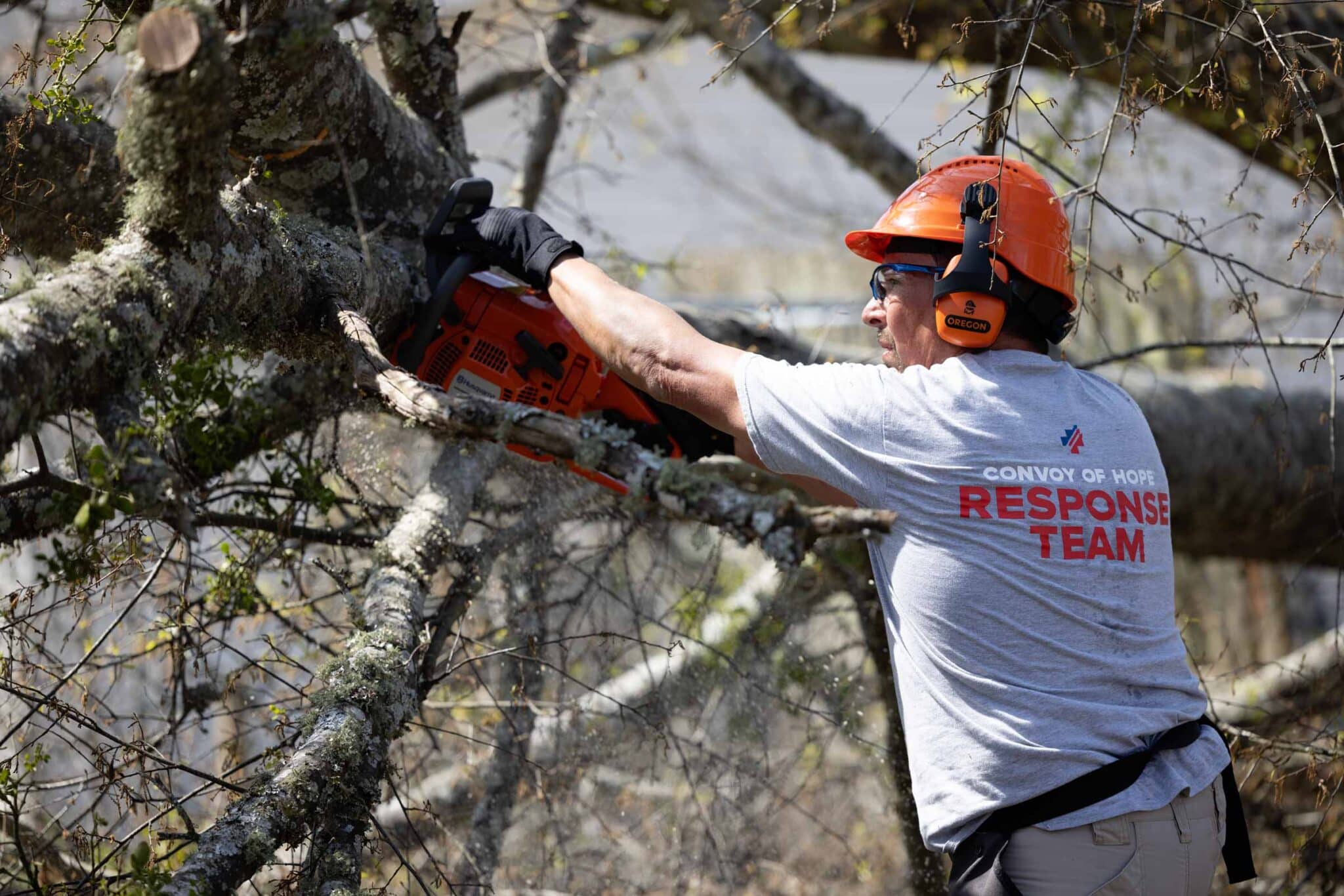
Responding to Disasters in the US
Hurricanes, wildfires, droughts, floods, tornadoes, and more affect everyone in their path. Convoy of Hope makes a difference by:
-
• Being centrally headquartered in Springfield, Missouri — and utilizing regional distribution centers — for quick response from coast to coast.
-
• Equipping trained staff and volunteers to respond quickly, efficiently, and with compassion.
- • Employing a fleet of response vehicles, specialty equipment, and mobile operation centers for effective and self-sustaining responses.
- • Mobilizing tens of thousands of volunteers every year to help communities respond to disasters.
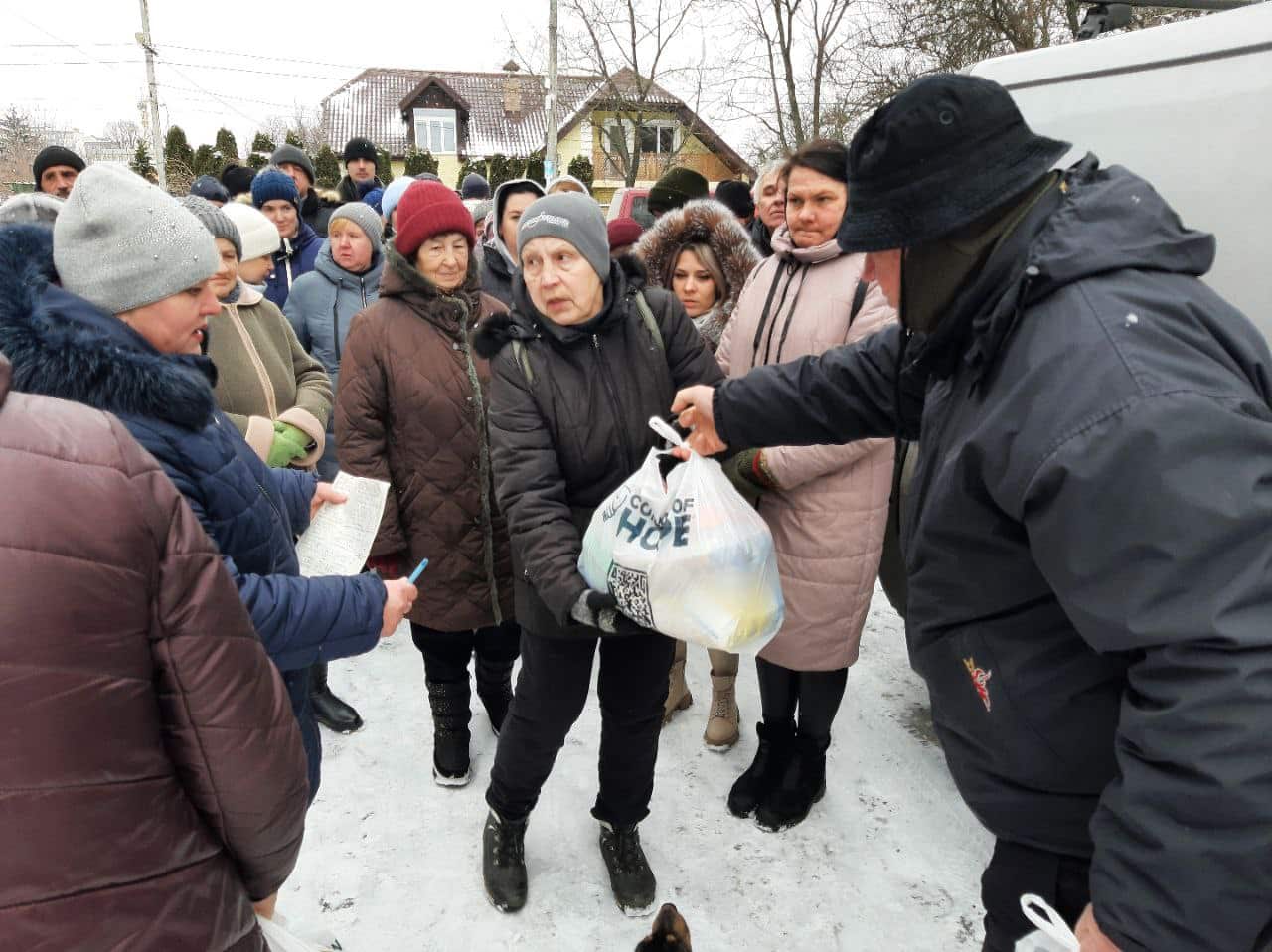
Responding to Disasters Around the World
Complex logistics and hazardous circumstances are hurdles Convoy of Hope is comfortable navigating. At the end of the day, the goal is to let people know they aren’t forgotten. Convoy helps survivors by:
- • Continually building a global network of partners, ensuring that Convoy can evaluate, conduct, and complete disaster responses that occur anywhere in the world.
-
• Strategically equipping international warehouses with supplies to respond to disasters quickly and efficiently.
-
• Regularly training local leaders, staff, and volunteers by equipping them with the knowledge and resources for responding to disasters in their communities.
- • Adapting to and addressing the unique need of the people experiencing long-term human crises, such as drought, famine, civil conflict, and refugee displacement.
Statistics
By the numbers.
Disaster Forms
There are many types of natural disasters.
Get Involved
Give to the Crisis Relief Fund.
Preparedness saves lives. Having the resources to respond means getting there faster and doing more.

Objectives
Disaster relief strategy.
Preparedness
Convoy equips partners and volunteers around the world. Team members and volunteers are regularly trained in preparedness and resilience. Convoy of Hope equips each individual with the knowledge and skills they need to respond to a disaster.
Monitoring
From natural disasters to the ever-changing climate of conflict and economic situations, Convoy of Hope’s team is always monitoring weather patterns and crises around the world. By staying in contact with on-the-ground partners, Convoy gains a better understanding of situations and how to respond.
Response
Response efforts vary depending on the nature of a disaster. After a disaster, Convoy equips national, state, and local partners with information and resources they need to provide immediate help. Often, that takes the form of distributing relief supplies like food, clean water, and hygiene kits.
Recovery
Convoy of Hope’s goal is to help individuals and communities return to self-sustainability after a disaster. Depending on the need, Convoy organizes debris removal, leads cleanup efforts, distributes building materials, facilitates income generation projects, and conducts agricultural training. Each of these components help in the recovery process. In some situations, Convoy continues to work for months — or even years — to bring relief to those who are suffering.
Take Action
Provide disaster relief.
Sign Up for Disaster Insider
Text INSIDER to 68828 to get updates about disasters as they happen.
